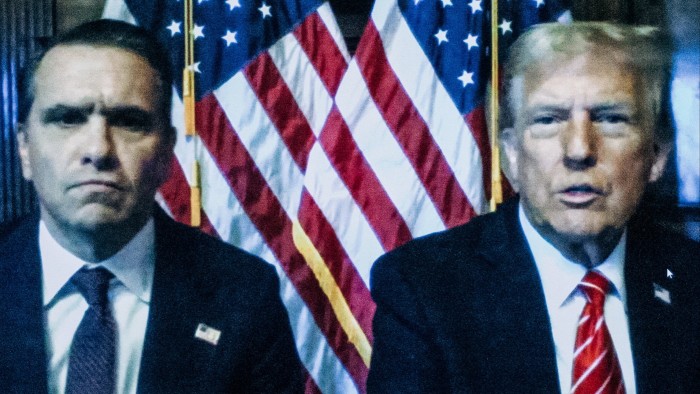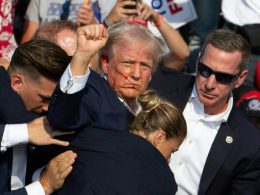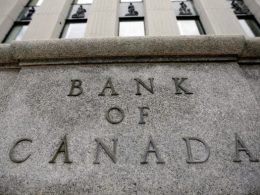Unlock the White House Watch newsletter for free
Your guide to what the 2024 US election means for Washington and the world
Donald Trump has been spared punishment over his “hush money” conviction, escaping any sanction in the historic criminal case days before he re-enters the White House.
At a hearing in Manhattan on Friday, at which Trump appeared virtually from his Mar-a-Lago estate in Florida, Justice Juan Merchan declined to sentence the president-elect to prison time or impose any fines, instead setting him free on an “unconditional discharge”.
Merchan, who oversaw the first-ever criminal trial against a former US president in the spring, said in brief remarks before announcing his decision that it was “the only lawful sentence . . . without encroaching on the highest office in the land”.
He added that, despite the “far reaching protections” afforded to holders of the office, “they do not reduce the seriousness of the crime” nor do they bestow the “power to erase a jury verdict”.
Trump, wearing a resigned, glum look, had earlier railed against the case, calling it a “weaponisation of government” and claiming that Manhattan district attorney Alvin Bragg, who was sitting in the court, never wanted to bring the charges.
“I am totally innocent, I did nothing wrong . . . I got indicted over calling a legal expense a legal expense,” Trump told the court. “I think it is an embarrassment to New York.”
The proceedings attracted little of the media frenzy that accompanied Trump’s seven-week trial last year, which took place in the midst of his third presidential campaign. It marks the symbolic end of a years-long attempt by state and federal prosecutors to convict Trump on a number of alleged crimes, from trying to overturn the 2020 election results to the retention of classified documents after his previous departure from the White House.
The two federal criminal cases against the 78-year-old were in jeopardy after the Supreme Court ruled this year that presidents enjoy broad immunity from prosecutions for official acts while in office. They are now being wound up by Joe Biden’s justice department, in keeping with the agency’s long-standing policy of not pursuing sitting presidents.
An election interference case in Georgia has been compromised by the district attorney’s failure to disclose a romance with the key prosecutor she brought on to the case, which resulted in her disqualification.
The Manhattan case, which was the first to be brought and the only one to reach a conclusion, has also been thwarted by Trump’s re-election.
Trump was found guilty on 34 felony counts, after a jury found he had falsified business records related to payments made to porn actor Stormy Daniels, who threatened to go public with allegations of an affair with the real-estate mogul in the lead-up to the 2016 election.
But Bragg did not fight several attempts to delay sentencing. Once Trump beat Kamala Harris in November, he declined to seek any punishment for the president-elect, beyond Friday’s symbolic sentence.
Trump, who has consistently decried the proceedings as a “witch hunt” by Democratic prosecutors, nonetheless tried to prevent sentencing from taking place, appealing to New York’s higher courts and to the US Supreme Court.
On Thursday night, hours before sentencing was due to take place, a 5-4 majority on the Supreme Court declined to grant Trump’s request, saying there was no indication that the proceedings would interfere greatly with Trump’s preparations to re-enter the White House.
Trump, who has vowed retribution against his political enemies and those who brought cases against him, plans to install several of his senior lawyers in key positions, including at the Department of Justice, when he returns to Washington.
Source link









